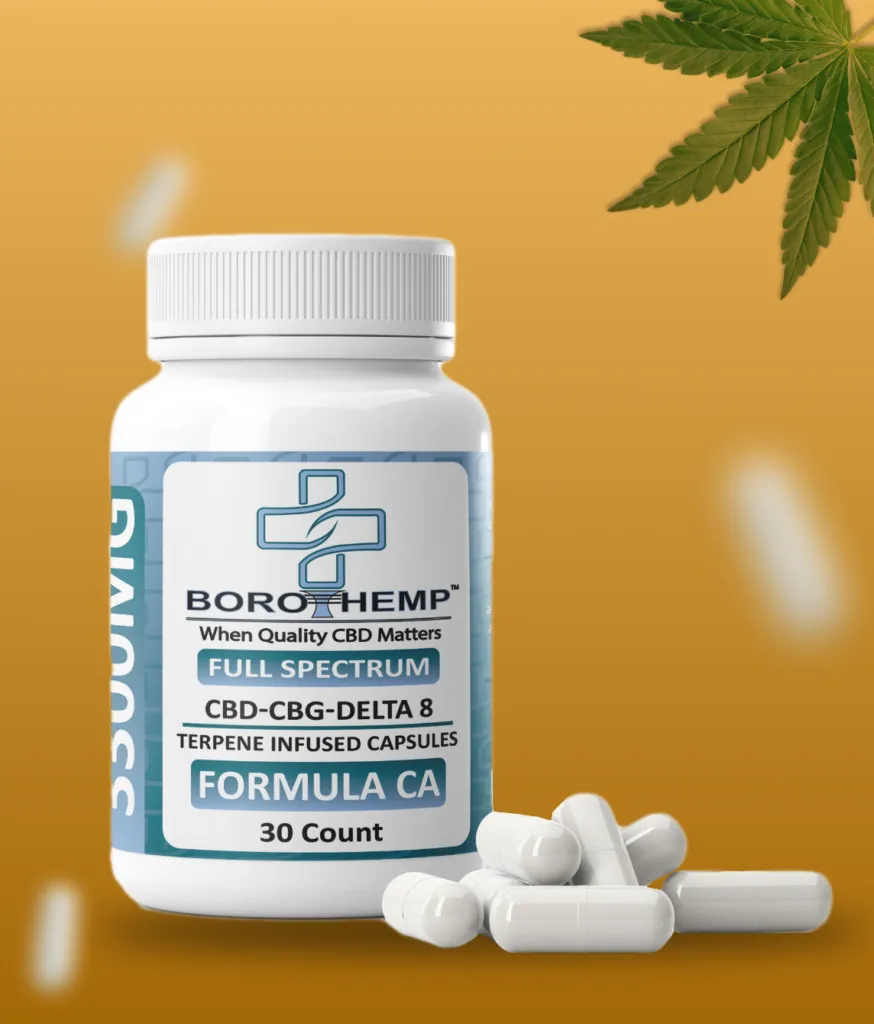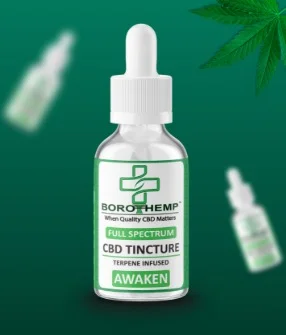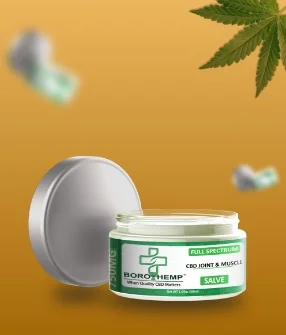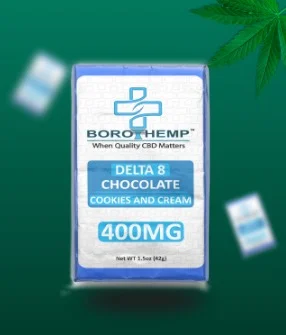FAQ
Broad-Spectrum is the blend of CBD that is free of THC, instead it contains natural compounds from the cannabis plant such as cannabichromene (CBC) and cannabinol.
Full-Spectrum CBD, being the opposite to Broad-Spectrum, can contain up to .03% of tetrahydrocannabinol (THC). Like Broad-Spectrum, it also contains essential oils, terpenes and cannabinol.
CBD, or Cannabidiol, is a single compound found in the cannabis plant. Unlike THC, the main ingredient in marijuana, CBD is non-psychoactive. With that, instead of feeling a sense of euphoria, CBD can help relieve pain, osteoarthritis and other physical ailments. It is reported to even help treat those with anxiety and depression by mellowing out the nervous system, thus making you feel more relaxed.
CBN, or Cannabinol, is a cannabinoid, a chemical compound found in cannabis plants. In most recent counts, cannabis has more than 100 different cannabinoids. CBN is among the first of cannabinoids to be identified. It is a natural substance and can also be produced from THC extracted from cannabis. Instead of a source of psychoactive effects, CBN is mostly a sedative used to promote prolonged sleep. Along with that CBN has been used as a pain reliever, antibiotic, and appetite-stimulation.
CBG, or Cannabigerol, is a cannabinoid compound found in the cannabis plant. Among the benefits of CBG are potential treatments of bladder dysfunction, muscle pain, depression and can act as an anti-inflammatory.
Terpenes play a crucial role in CBD, Delta 8, and other cannabinoid products. These organic compounds are aromatic molecules found in various plants, including cannabis. They contribute to the distinctive flavors and scents associated with different strains of cannabis. They play critical roles such as the aforementioned aroma enhancement, customization of pre-existing strains, as well as their own therapeutic effects. It should be noted that terpenes can be sourced from various botanicals, not just cannabis. This allows manufacturers to incorporate specific terpenes into cannabinoid products while controlling the overall composition.
Delta 8 is a cannabinoid, found in hemp and cannabis plants. It can come in many forms, and it is usually purposed to relieve stress, improve sleep, and ease pain. Because of that it is becoming more and more popular, and people have started to incorporate it into their daily lives. It is a psychoactive compound, meaning it will induce a euphoric feeling that has been described as smooth and relaxing.
The chemical formula of delta-9 is C₂₁H₃₀O₂. This is the same as delta-8, except that one of the carbon-carbon double bonds is in a different position.When people refer to Delta-9 or Delta-9 THC, they are usually talking about the specific form of THC that is most abundant in the cannabis plant and has the most potent psychoactive effects. Delta-9 THC interacts with specific receptors in the brain, primarily the cannabinoid receptors CB1 and CB2, leading to various physiological and psychological effects.
Like Delta 8, Delta 10 is a cannabinoid also found in the cannabis plant. However, it is less potent than its relative. While Delta 8 helps with pain and stress relief, Delta 10 may induce an increase in focus, sharpness, and creativity. Delta-10 THC’s effects are still being studied, and there is less information available about its specific properties and effects.
Yes, Delta 8 and 10 products are legal on the federal level because their compounds derive from the hemp plant and not marijuana. However, some select states do not permit the sale of these products. At the present time those states are: Alaska, Arizona, Arkansas, California, Colorado, Delaware, Idaho, Iowa, Louisiana, Montana, New York, North Dakota, Rhode Island, Vermont, and Utah. If you live in any of these states, we advise you do not purchase or use Delta 8 or 10 products.
No, it is not advised that you do. While not as potent as marijuana, Delta 8 and 10 products do still contain THC, though only trace amounts. Hence, using these products will earn you a failing grade on a drug test.
Purchasing and using CBD, Delta 8, and other related cannabinoid products may offer potential benefits for individuals seeking alternative wellness options.
Potential Pain Relief: Cannabinoids, such as CBD and Delta 8, have been studied for their potential analgesic properties. They may interact with the body’s endocannabinoid system and modulate pain signaling, potentially offering relief from various types of pain, including chronic pain, inflammation, and neuropathic pain.
Improved Focus and Cognitive Function: Some individuals report increased focus and mental clarity when using CBD or Delta 8 products. These cannabinoids may interact with receptors in the brain associated with cognition and attention, potentially enhancing focus and mental performance.
Sleep Support: Some individuals find that CBD and Delta 8 products can support a better night’s sleep. These compounds may help regulate sleep patterns by interacting with receptors involved in sleep-wake cycles and promoting relaxation, potentially assisting those with sleep disturbances or insomnia.
Please note that individual experiences may vary, and it is always recommended to consult with a healthcare professional before introducing new supplements into your regimen, especially if you have any specific health conditions or concerns.












